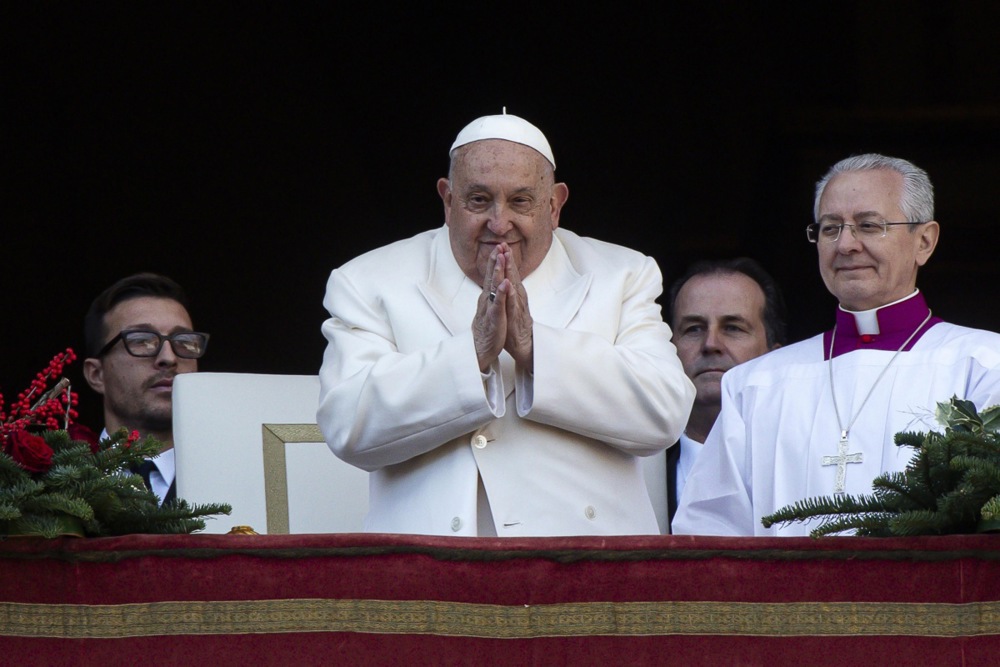 Euractiv is part of the Trust Project
Euractiv is part of the Trust Project
Moldovan President Maia Sandu was sworn in for a second term Tuesday (24 December), praising voters' pro-Europe choice "despite the pressures" after Russia was accused of interfering in last month's election in the former Soviet republic that borders Ukraine.
In her first term, Sandu pivoted Moldova towards the European Union and away from Moscow, which ruled the country during the Soviet era.
"We can be proud that, despite the challenges, we have managed to be on the right side of history," she said while taking the oath before parliament and the Constitutional Court.
"We have defended democracy in the face of external threats," she added.
"Moldova voted, despite all the pressures, for a clear direction -- a developed, European country bringing greater security and prosperity," the 52-year-old leader said.
The former World Bank economist took 55.33% of the vote in the run-off in early November, defeating Alexandr Stoianoglo, who was supported by pro-Russian socialists.
Sandu, the country's first woman head of state, owed her re-election in large part due to a strong turnout from Moldova's large diaspora. Within the country's borders, she lost by a narrow margin.
Rural areas of the country -- sandwiched between NATO member Romania and war-torn Ukraine -- and separatist Transnistria, where Russian troops are stationed, remain pro-Moscow, as does the autonomous Gagauzia region.
‘We promised you better times’
Authorities reported numerous "attempts at destabilising" the election, including disinformation, vote buying, death threats, cyberattacks, and the bussing of voters.In return, the Kremlin accused Moldova of suppressing "the opposition and independent media, especially Russian-language outlets".
Sandu has firmly steered her 2.6 million-strong nation, one of Europe's poorest, toward Brussels over the last four years, with the European Union officially opening accession talks in June.
"Four years ago, we promised you better times. It was a sincere promise," she said. "But the times turned out to be difficult," referring to the impact of the war in Ukraine.
Russia is expected to cut off gas supplies to Moldova and Transnistria from 1 January, when the existing supply contract expires. Chisinau declared a state of emergency earlier this month as a result.
"After the pandemic came inflation, the energy crisis, gas blackmail, and now blackouts," she added, referring to the "harsh winter" in store from power outages.
Moldova relies on the Cuciurgan power plant in breakaway Transnistria for 70% of its electricity, which is fuelled by Russian gas arriving via Ukraine.
However, Kyiv has announced its intention not to renew the transit contract which allows Russian gas to be transported to Europe at the end of December.
In response, the Moldovan government has accused the Russian energy giant Gazprom of refusing to use alternative routes.
(Edited by Georgi Gotev)

 euractiv.de
euractiv.de
 euractiv.fr
euractiv.fr
 euractiv.es
euractiv.es
 euractiv.it
euractiv.it
 euractiv.pl
euractiv.pl
 euractiv.bg
euractiv.bg
 euractiv.cz
euractiv.cz
 euractiv.gr
euractiv.gr
 euractiv.ro
euractiv.ro
 euractiv.sk
euractiv.sk





